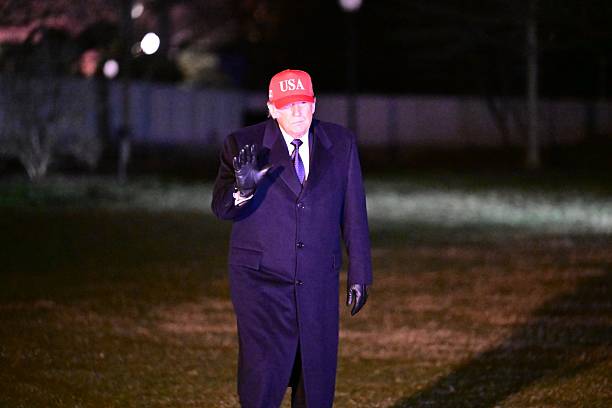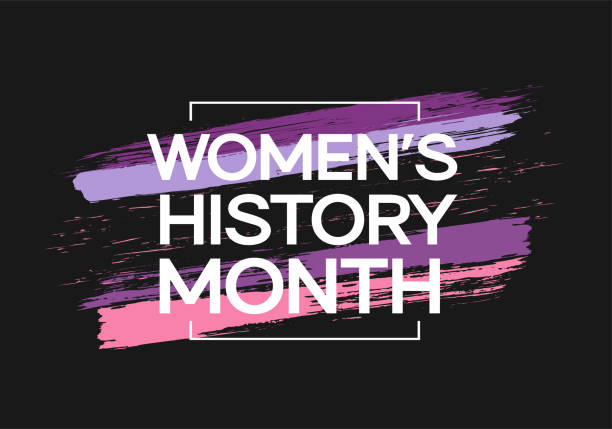(ThyBlackMan.com) On last week, actor Jesse Williams gave an awe-inspiring, emotional speech at the BET Awards. Both the speech and its delivery have now become the topic of many conversations about racism, classism, and cultural appropriation. There have been social media debates, there have been roundtable debates, and there have even been calls for Mr. Williams to be fired from his hit show, Grey’s Anatomy. Yes, you read that correctly. Apparently some white people have been so traumatized by Mr. Williams’ personal experience as a Black man living in the United States, and his unapologetic nature of speaking his truth, that they feel he is now a distraction to the fantasy (AKA role playing/acting) of his being in an interracial relationship on the show. Based on the comments that I have personally read, they feel that it is difficult to watch him now, knowing that he “hates white people”.
What kills me about the entire uproar is that white people tend to love Black men when they sing and dance, run fast, jump high, disrespect Black women, and adore white ones; however, when a Black man, intelligent, or seemingly otherwise, has the audacity to speak out against white privilege, cultural appropriation, racial injustice, or speak up on our behalf, he immediately becomes public enemy number one. As long as Blue-eyed, non-offensive Jesse poses pretty, keeps quiet, and pretends to be a doctor who is in love with a white woman, white America tends to be satisfied. The moment that he uses his platform to speak openly (which by the way, this man has done for quite some time), he is no longer invited to the “All-White, But We Will Make An Exception For You” party. It appears that white people have issues with not so much knowing that Black people face injustices, but they seem to have issues with admitting it, or hearing us talk about them.
Black man, intelligent, or seemingly otherwise, has the audacity to speak out against white privilege, cultural appropriation, racial injustice, or speak up on our behalf, he immediately becomes public enemy number one. As long as Blue-eyed, non-offensive Jesse poses pretty, keeps quiet, and pretends to be a doctor who is in love with a white woman, white America tends to be satisfied. The moment that he uses his platform to speak openly (which by the way, this man has done for quite some time), he is no longer invited to the “All-White, But We Will Make An Exception For You” party. It appears that white people have issues with not so much knowing that Black people face injustices, but they seem to have issues with admitting it, or hearing us talk about them.
One of the things mentioned by Jesse in his speech stayed with me and was brought to my attention the next day when I saw some things that were being posted on what I like to call anti-social media; the topic was cultural appropriation. Apparently, people have varying views on what it is and are confused about why many Black people have a problem with it. After watching a few videos on the channel popular for, well, videos, I read comment after comment from white and non-Black people whose messages in essence were for us as Black people to get over it. According to the clueless clique, “no race or culture has rights to a particular hairstyle, way of dress, language, or music, so we should just deal with it.” This way too often, tends to be the tone and the opinion of non-Black people who apparently feel that we should not discuss the stripping of our culture and contributions only to have them bastardized and misinterpreted by those who have no interest in understanding what certain things mean to us.
Sadly enough, I have come to expect the attitude from whites and non-Blacks in reference to our attempts at staking claim on what we gifted to the masses. I have also come to expect at least one to two non-Black people (on social/anti-social media) to post pseudo-sympathetic statements that eventually lead to a conscious Black person joining in to check said pseudo-sympathizer and letting him or her know that having a few Black co-workers does not give “pseudo” the right to speak on behalf of Blacks after over-hearing a conversation between two Black people on the job. As a result, internet bully, AKA, undercover bigot then chimes in and accuses us of wanting special treatment and of being hypocritical as we surely should be grateful to whites since we are benefitting from all of the wonderful things that white people have given us.
While the vast majority of people who seem to be uncomfortable with the topic are white people, (no surprises there), imagine my surprise after coming across one of the videos which featured the ladies from the television show “The View”. While I was not surprised that there were opinions on the topic, I was quite surprised at one particular opinion that I heard. After Sunny Hostin, a woman of Black and Latin descent who is a Legal Analyst for CNN and regular on “The View”, expressed how inspired she was by the Jesse Williams speech and offered her opinion on cultural appropriation and how whites are guilty of it and Blacks cannot be, enter a visibly annoyed Whoopi Goldberg. After Ms. Hostin very eloquently explained her reasons for making such a statement, Whoopi decided to state how she felt that Black people should not at all complain about cultural appropriation, because after all, we all do it to each other. She went on to state that as Blacks, our bemoaning about the subject is ill-founded since Black women wear blonde weave.
Dear. Sweet. Misinformed. Once-respected. Whoopi. At no other time in my life had I so badly wanted to be a guest on the panel of that show. I would have sternly, but not stereotypically, informed Whoopi that since hair color is genetic and not cultural, Black women wearing blonde weave is not at all a good example of cultural appropriation, and for that [genetic] reason it rendered her argument moot. In fact, I often wonder why people ignore the truth that there are Black people who are natural blondes. The notion that blonde hair is exclusive to white people is an example of how the media brainwashes those who are not aware of what the effects of being bombarded with images can do to the psyche.
Sunny’s points were very relevant since historically, Whites have claimed credit for the contributions of other races and cultures of people. Cultural appropriation typically takes place when a more powerful sect causes detriment to the marginalized group from which it steals. Let’s face it, white people tend to love and be fascinated with Black culture, but they still tend to hate Black people. After explaining this to Ms. Goldberg, I would have then asked, “Whoopi, can you name me one white woman or white person who has suffered any historical, financial, or cultural detriment because a Black woman chose to wear a blonde weave?…Go ahead Whoop… I’ll wait.”
Staff Writer; Erica Van Jackson
Also feel free to view more of this talented work over at; TBFB.

















Hello!! For context, I am a white person (a male at that)
And I am so confused about the notion of “cultural appropriation” I hear so much about lately.
I’d like a black person’s opinion on this since obviously only you have the experience from that side of the matter!
(and I have only like 4 friends and none of them are black)
How can we tell when we’re doing something that’s cultural appropriation compared to cultural celebration/exchange and are they different?
Because black (and other POC’s) culture is so much a part of culture it’s incredibly hard not to use black phrases or styles or all kinds of things! (and cuisine! I mean weren’t many if not most Southern dishes actually invented by black people!?)
Does it make a difference if I’m recognizing and celebrating the correct source of the cultural elements?
Or if not, then should black people decide which things that I can or can’t use and when, of the things they invented (which is reasonable, kind of like an artist with copyright)? and if so..I mean is one black friend saying I can enough? two? twenty? how many black people does it take to speak for black people as a whole? :\
Or should I genuinely just try not to act or talk or fix food or make music or etc. in any way that’s black or black-culture-derived? (or POC’s in similar situations like say Latino?)